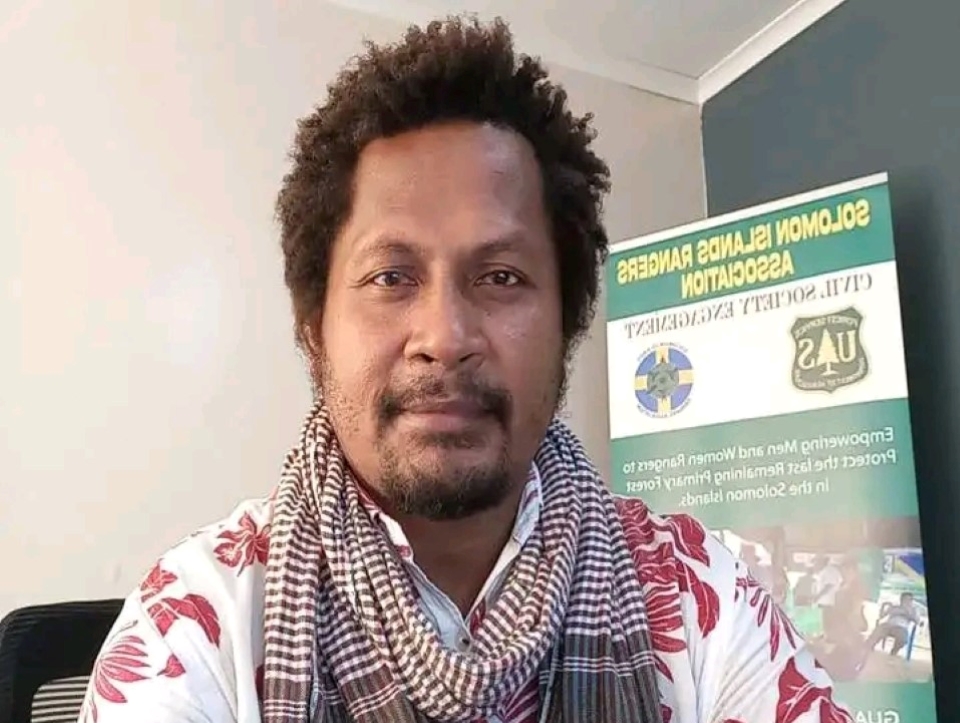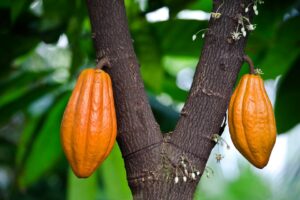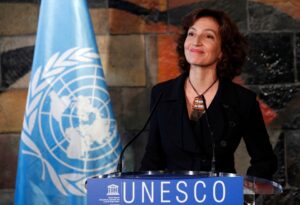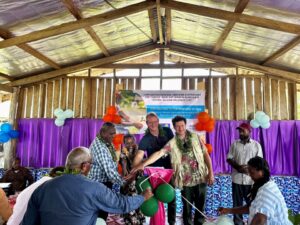BY JOHN HOUANIHAU
THE Solomon Islands Rangers Association (SIRA) has urged the country’s political parties to prioritize conservation efforts and promote carbon trading in the upcoming elections.
Albert Chris Kwatelae, SIRA’s technical consultant, told ENVIRONMENT MEDIA that he believes carbon trading and conservation are a positive step forward for both the people and government in the Solomon Islands.
He argues that political parties should prioritize policies that protect the country’s natural resources and biodiversity. This includes setting up protected areas, promoting sustainable forestry practices, and cracking down on illegal fishing activities.
Kwatelae’s calling for the implementation of carbon trading schemes to incentivize companies and individuals to reduce their carbon emissions. By participating in carbon trading, the Solomon Islands can generate revenue from selling carbon credits while also reducing its greenhouse gas emissions.
As the country gears up for 2024 joint elections on April 17, he’s urging political parties to include conservation and carbon trading initiatives in their policy platforms. By taking proactive steps to address environmental issues, the Solomon Islands can not only protect its unique ecosystems but also contribute to global efforts to combat climate change.
He stated that there has been very little discussion of this opportunity to date, and that no party or individual candidate has spoken out about it.
He said that tribes and people need to plan on how to use the resources available to them through strong community and tribal governance with the support of the government.
“The politicians need to understand and have political will for these initiatives and mechanisms in place to help conserve and manage the biodiversity present on our islands. Conservation is key; we need to establish and create mechanisms that are suitable and relevant in our context and settings. Let’s create a “Solomon Conservation Context,’’ Kwatelae said.
He said that it is vital for the Solomon Islands to continue to be resilient, adapt, and survive in the face of climate change and other forms of natural disasters and man-made environmental problems that come from unregulated logging and mining activities.
“For the carbon trade, its funding mechanism is currently in voluntary mode, where agents and donors help and support those communities and tribal land. Their land is clear from disputes and has been declared Protected Areas (PA) under the Protected Areas Act 2010 of the Solomon Islands.
He stated that this initiative is helpful and useful for the Solomon Islands to help support conservation work and compensate locals for protecting and not releasing carbon dioxide into the air from the trees and green plants.
“It is one of the ways to protect and sustainably use our natural resources and biodiversity. We depend on them for our daily survival. We need fresh air, food from the ground, the sea, and water. Land and sea define who we are and where we are from. Anyone who sells his or her land is like selling out his or her mother to another foreigner; then we become motherless,’’ he said.
The technical consultant also said that this will also help to fulfill our obligations to the United Nations Treaties and Charter on Biodiversity and combating the negative impacts of climate change.
“Also, we are implementing government policies on sustainable developments and other regional commitments. Our doings are not unseen but well-recognized programs and activities to help keep this planet safe and allow everyone and everything an equal opportunity to live happily and survive.
“There are initiatives and programs established by the ministry of forestry, environment, and NGO stakeholders under the REDD+ program to support the tribe in protecting their primary forest from deforestation, usually caused by logging, plantations, and mining,’’ Kwatelae said.
REDD+ stands for reducing emissions from deforestation and forest degradation in developing countries, along with additional forest-related activities that protect the climate.
He said that there are some examples of carbon trading schemes already established in the Solomon Islands.
“Stories and experiences are shared and observed; truly, this scheme helps improve the standard of living of rural people and can go beyond that. For example, Serebe Tribal Land is in Choiseul Province.
“This is to promote the reforestation program and carbon trade. Through carbon trading, people’s efforts are paid off. They have this scheme to support the tribe in protecting their primary forest from deforestation, usually caused by logging, plantations, and mining.
“So, yeah, it would be good if political parties had that in their plans to promote carbon trading and conservation when they came into power. Otherwise, this should be a stand-alone program and should not be politicized. Let those authorities and NGOs bodies continue to promote and work with the local people and the resource owners.
“There might be someone who picks this up and uses it as their campaign message and way forward for his or her political gain or wanting to be in power and position.
“It comes with rules and regulations. Our government, under the Environment-Conservation Division, has upheld and implemented national laws or acts that talk about conservation. One of these is the Protected Areas Act. It allows tribes and groups of people to apply for their land, forests, and marine areas to be protected under this law. For example, we have Arnarvon Marine Conservation Area in Isabel, Sirebe Tribal Association in South Choiseul, Kira Forest Biodiversity Conservation Area and others ready to be declared,’’ Kwatelae said.
He said that the Solomon Islands need to maintain some of these traditional practices because it would help islanders to be resilient and live accordingly in their land and places.




